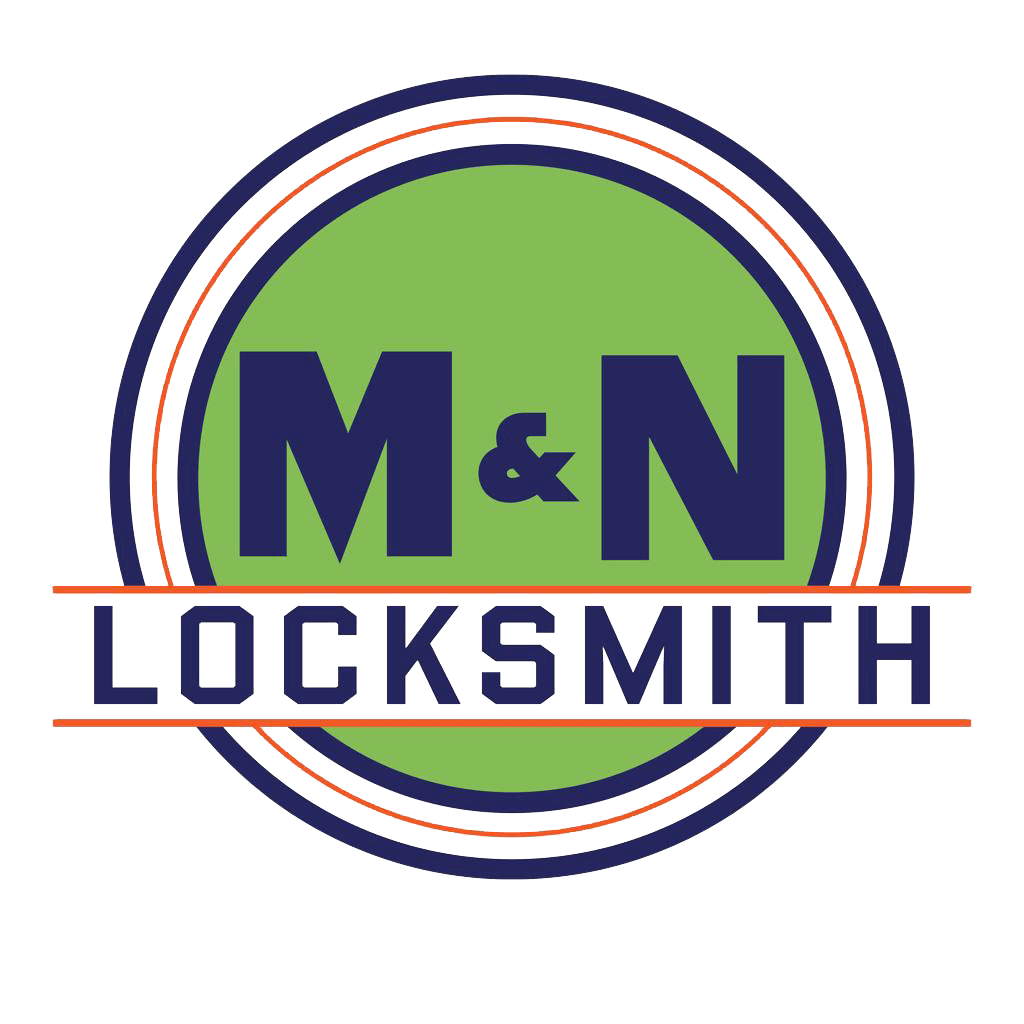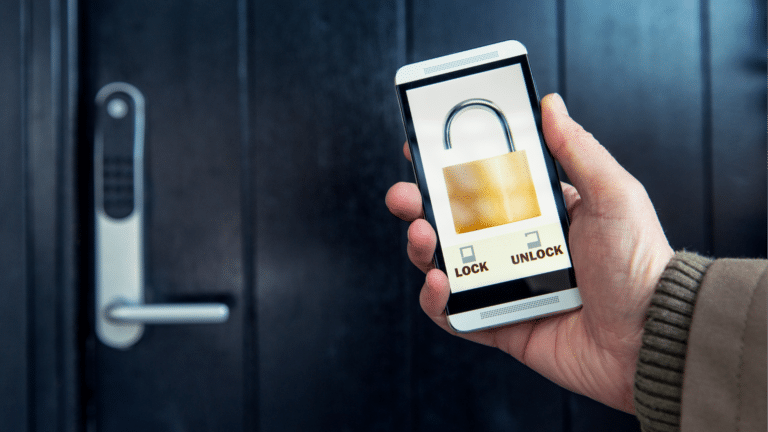What is Smart Locks
A smart lock is a modern security device that utilizes advanced technology, such as wireless connectivity and biometrics, to provide keyless entry and enhanced control over access to a property.
Functionality of Smart Locks
At the core of every smart lock lies a sophisticated system of sensors, wireless connectivity, and encryption protocols. Smart locks can be operated through various wireless communication standards such as Bluetooth, Wi-Fi, Z-Wave, or others, allowing remote locking and unlocking using a smartphone app or voice commands through virtual assistants like Alexa or Google Assistant. Additional features may include keypad entry, biometric authentication, and temporary access codes for guests.
Examples of Smart Locks
-
Aqara Smart Lock U100
- Price: $189.99
- Installation Compatibility: New and existing doors
- Connectivity Options: Bluetooth, Wi-Fi with optional hub
- Keyless Entry Methods: PIN code, fingerprint sensor, app
- Integration with Smart Home Systems: Apple HomeKit, Google Assistant, Amazon Alexa, and more (available with Wi-Fi hub)
- Battery Life and Power Source: 4x AA batteries, USB-C port
- Finish: Gray
- Guest Access Management: Users can create guest codes and revoke them as needed
- History and Activity Tracking: History of locking and unlocking available
-
Aqara Smart Lock U100 – Pros and Cons
- Pros: Matter support, versatile locking and unlocking, smart security features
- Cons: Matter and Wi-Fi requires optional hub, a little expensive
- The Aqara Smart Lock U100 supports Matter through the use of an optional Aqara hub. It also supports Apple Home Key for NFC-based lock and unlock functionality. It offers an auto-lock feature, emergency unlock methods, and anti-peep PIN code feature to enhance security.
-
Other Smart Locks
- Kwikset Halo Touch: A no-frills fingerprint lock with built-in Wi-Fi and support for Amazon Alexa or Google Assistant.
- Nest Yale Lock: A smart lock with a touch keypad and integration with the Nest app.
- Array by Hampton Connected Door Lock: Offers solar-powered battery backup and built-in Wi-Fi.
- Kwikset Kevo Bluetooth Deadbolt: A good Bluetooth smart lock for keyless door entry, requiring the Kevo Plus connect module for remote control access.
- Wyze Smart Lock: An affordable option with fingerprint access, but with some security concerns.
Key Benefits of Smart Locks
-
Enhanced Security Features
- Smart locks offer encrypted communication channels, tamper alerts, and activity logs, serving as a robust deterrent against intruders.
- Keyless entry methods eliminate the risk of lost or stolen keys, enhancing overall security.
-
Convenience and Flexibility
- Remote access and control through smartphone apps or voice commands provide unparalleled convenience for homeowners.
- Temporary access codes allow for secure guest entry without the need for physical keys.
-
Integration with Smart Home Ecosystems
- Seamless integration into existing smart home systems enables homeowners to manage their security alongside other connected devices effortlessly.
- Compatibility with voice assistants like Alexa and Google Assistant adds to the convenience and accessibility of smart lock systems.
-
Customized Access Management
- Smart locks allow homeowners to create and manage access codes for family members, guests, and service providers, adding a layer of customization and control over property access.
-
Elimination of Physical Keys
- Removing the reliance on physical keys reduces the risk of unauthorized key duplication and enhances overall security.
-
Peace of Mind
- The advanced security features and seamless functionality of smart locks offer homeowners peace of mind, knowing that their properties are protected by the latest in digital security technology.
Smart locks not only offer advanced security but also contribute to the convenience and peace of mind of homeowners, making them an integral part of the modern home security landscape.
Selecting the Right Smart Lock
Choosing the appropriate smart lock for your home involves considering factors such as security features, compatibility with existing door hardware, wireless connectivity options, battery life, and additional features like keypad entry or biometrics. Researching reputable brands and products is also crucial to ensure the reliability and security of your smart lock system.
Installation and Security Measures
Installing a smart lock is typically a straightforward process that can be done either DIY or by a professional locksmith. Additionally, it’s essential to stay vigilant about potential risks and vulnerabilities by updating firmware and security patches, choosing strong access codes, and monitoring access logs to maintain the security of your smart lock system.
Embracing the Future with Smart Locks
As technology continues to advance, smart locks are set to become an integral part of the modern home security landscape. Their blend of convenience, flexibility, and advanced security features offers homeowners peace of mind, knowing that their properties are protected by the latest in digital security technology. Whether you’re looking to upgrade your existing security system or embark on a journey into the world of smart home automation, smart locks are undoubtedly a key player in shaping the future of home security.
FREQUENTLY ASKED QUESTIONS
What is a smart lock?
A smart lock is a digital security device designed to replace traditional door locks. It utilizes technology like Bluetooth, Wi-Fi, or Z-Wave to allow remote access and control via smartphones or smart home systems.
How does a smart lock work?
Smart locks use a combination of sensors, wireless connectivity, and encryption protocols to enable keyless entry. They can be operated remotely through a smartphone app, keypad, or biometric authentication.
What are the benefits of using a smart lock?
Smart locks offer convenience, enhanced security features, and seamless integration with smart home ecosystems. They eliminate the need for physical keys, provide activity logs, and can be customized to grant temporary access to guests or service providers.
Are smart locks secure?
Smart locks employ robust encryption methods and security protocols to protect against unauthorized access. However, like any technology, they may have vulnerabilities, so it’s essential to choose reputable brands and regularly update firmware to mitigate risks.
Can smart locks be installed on any door?
Smart locks are compatible with most standard door types, including wood, metal, and uPVC. However, compatibility may vary, so it’s crucial to check the specifications and ensure proper installation.
Do smart locks require professional installation?
While some smart locks can be installed DIY, others may require professional installation, especially if they involve wiring or integration with existing security systems. It’s advisable to follow manufacturer instructions or seek assistance from a qualified locksmith.
How long do smart lock batteries last?
Battery life varies depending on usage and features, but most smart locks utilize long-lasting batteries that can typically last for several months to a year. Some models may also offer low-battery notifications to ensure continuous operation.
Can smart locks be hacked?
While no system is entirely immune to hacking, smart locks implement security measures like encryption and two-factor authentication to minimize the risk. Regularly updating firmware and using strong, unique access codes can further enhance security and reduce the likelihood of unauthorized access.


